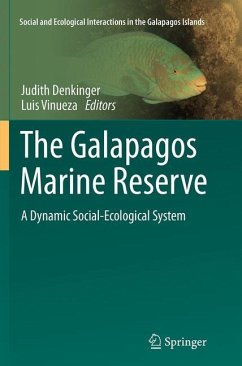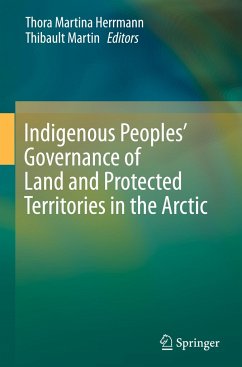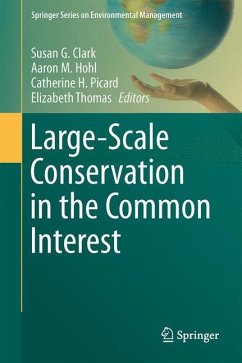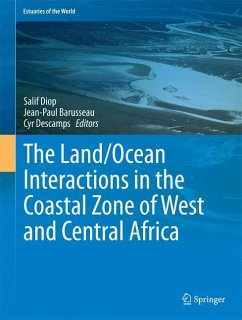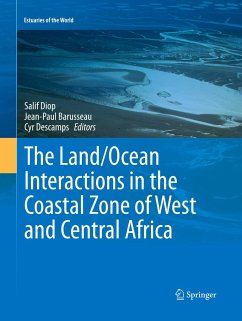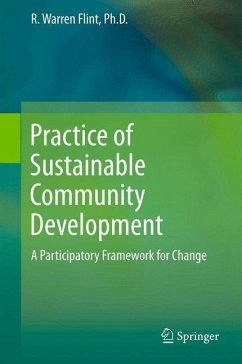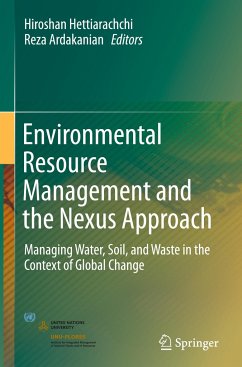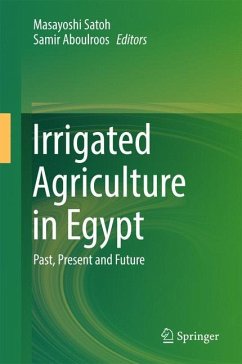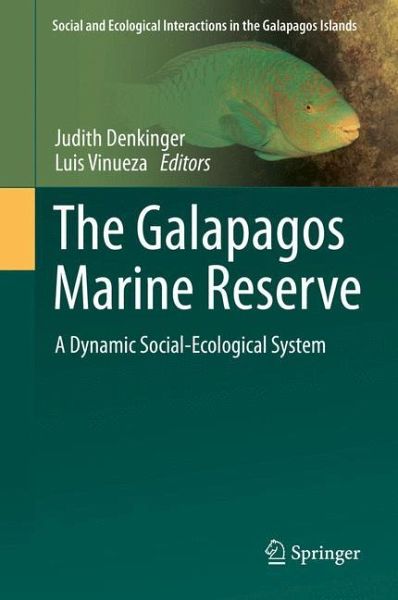
The Galapagos Marine Reserve
A Dynamic Social-Ecological System
Herausgegeben: Denkinger, Judith; Vinueza, Luis

PAYBACK Punkte
38 °P sammeln!
This book focuses on how marine systems respond to natural and anthropogenic perturbations (ENSO, overfishing, pollution, tourism, invasive species, climate-change). Authors explain in their chapters how this information can guide management and conservation actions to help orient and better manage, restore and sustain the ecosystems services and goods that are derived from the ocean, while considering the complex issues that affect the delicate nature of the Islands. This book will contribute to a new understanding of the Galapagos Islands and marine ecosystems.





